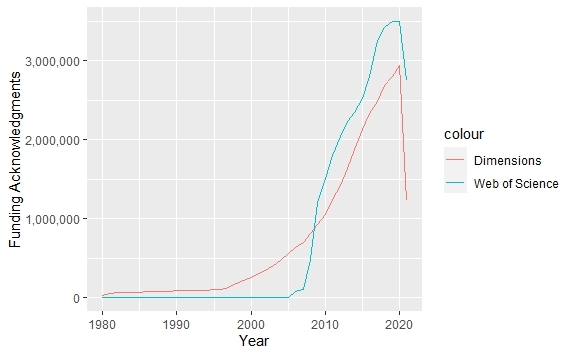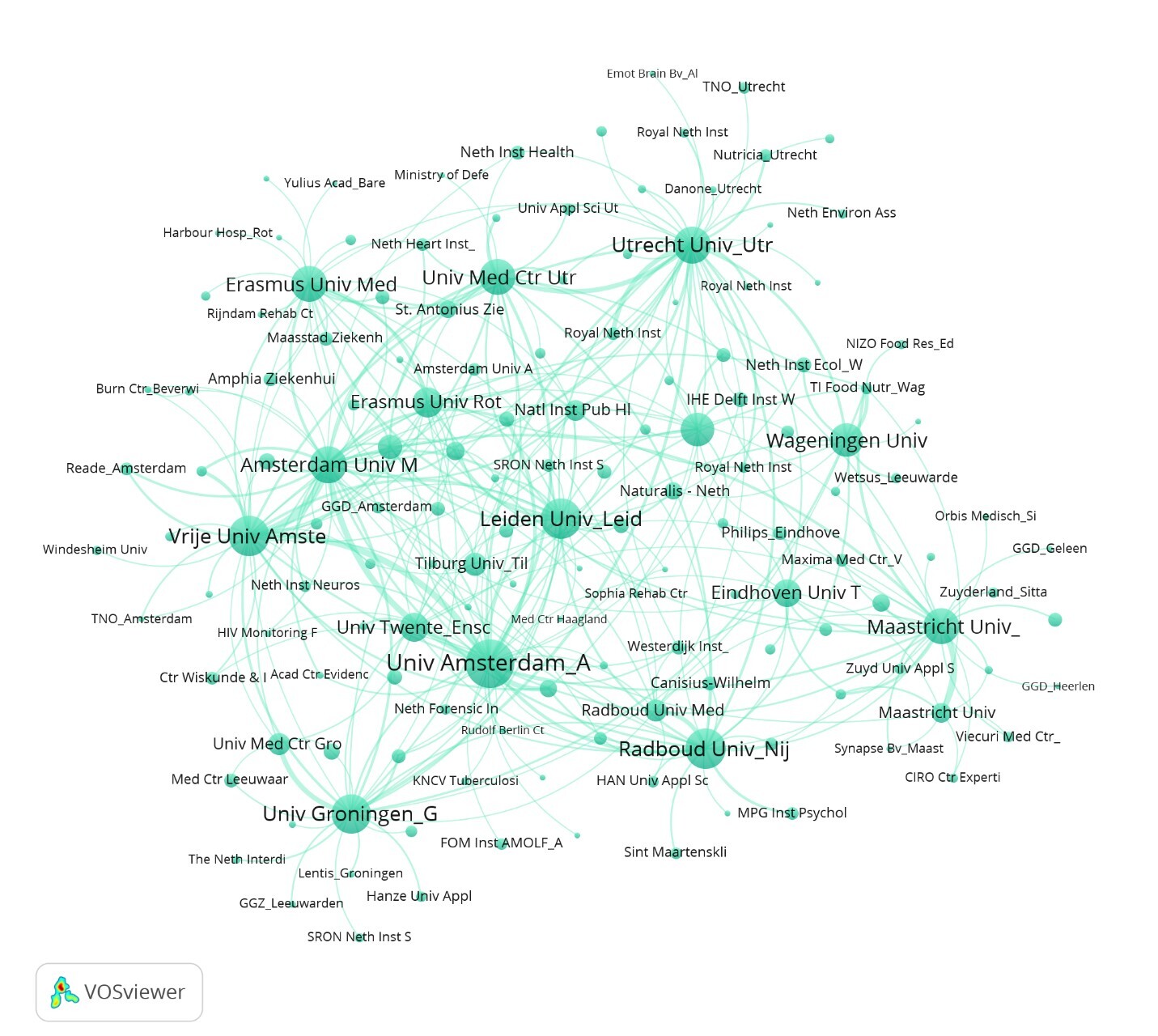
With our publishing platform ResearchEquals.com we are introducing a new business model for open access: Pay to close. We love open access - it is a massive part of why we even started building ResearchEquals. We also hear the scholarly community's issues with the business models of open access. As the UNESCO Recommendation on Open Science summarizes: This inequity needs addressing.






